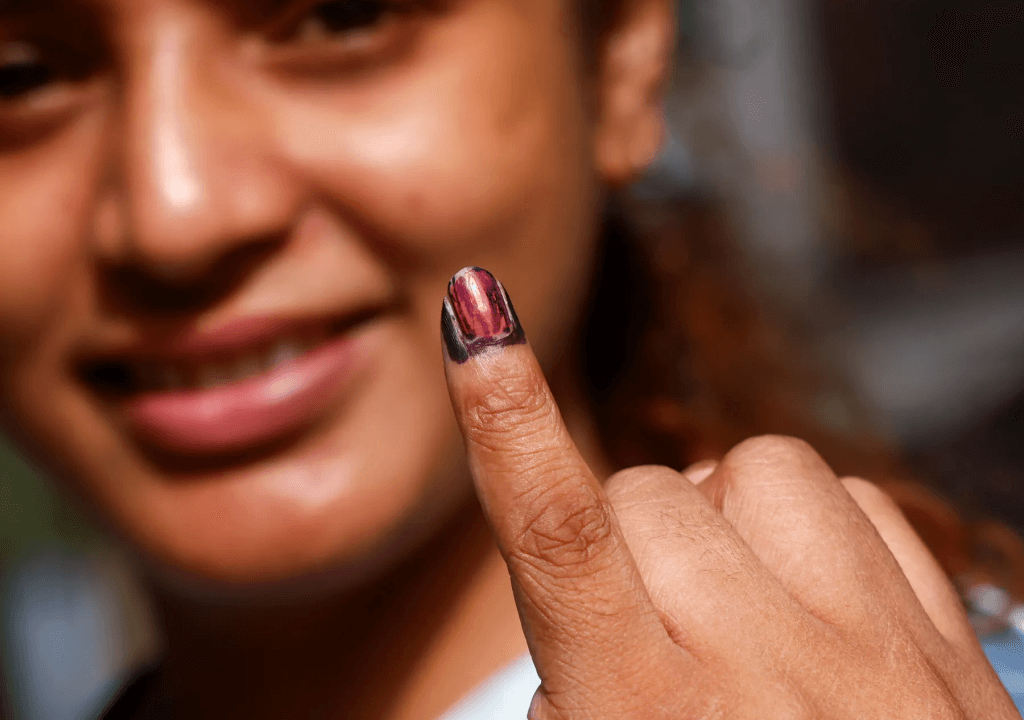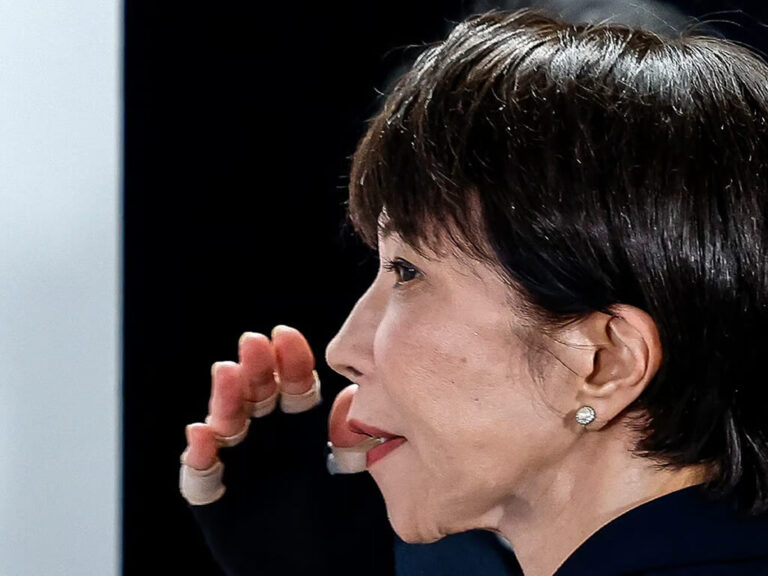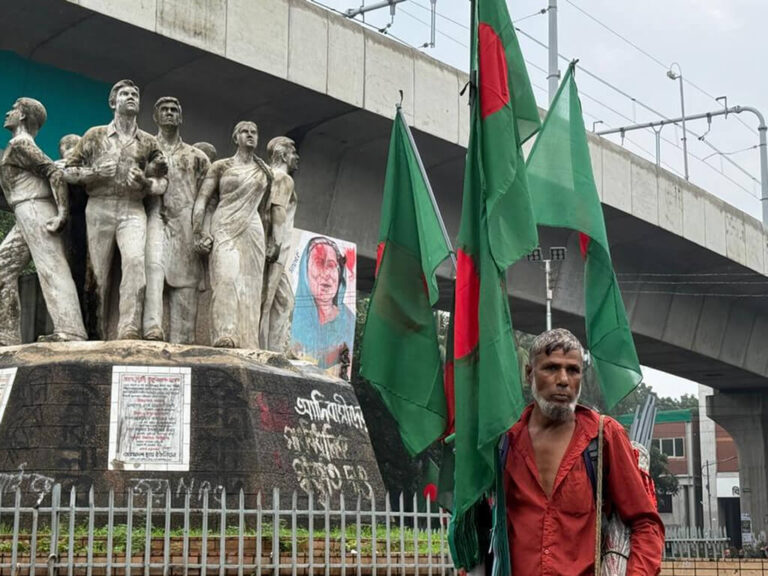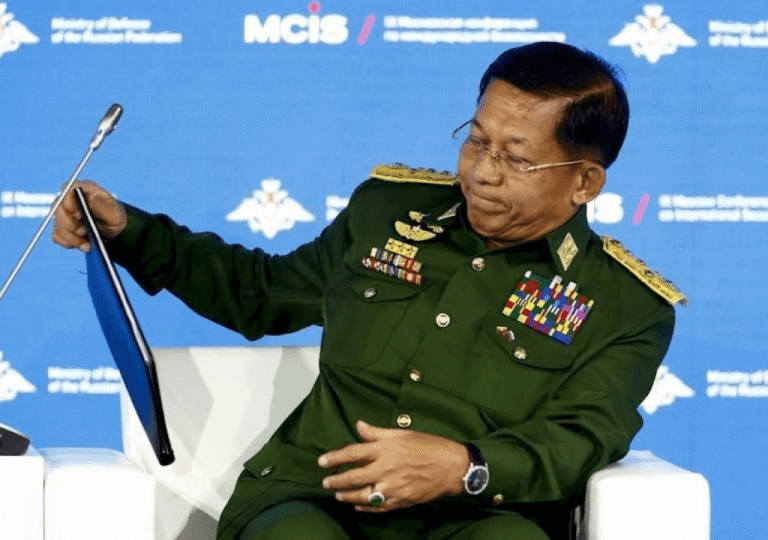Sri Lanka is set to hold a crucial presidential election on Saturday, following years of political and economic turmoil that nearly brought the nation to its knees. While this lush, green island is often admired for its natural beauty, it is equally known for its entrenched political dynasties, favoritism, civil war, corruption, and destructive governance. Home to 23 million people, the Indian Ocean nation has endured widespread hunger, medical shortages, and unemployment during the worst economic crisis in its history. In response, a youth-led movement, known locally as the Aragalaya, emerged two years before and successfully ousted the authoritarian president Gotabaya Rajapaksa, bringing an end to his powerful family dynasty. Although two years have passed, improvements have been slow, and the country’s recovery remains incomplete.
As Sri Lanka gears up to elect a new president on Saturday – the first election since Rajapaksa’s downfall – many believe the economic crisis continues to wreak havoc on daily life, and the optimism that once fueled the Aragalaya movement has largely diminished. Analysts highlight a pervasive disillusionment with traditional politics, suggesting that no single candidate is likely to achieve a decisive victory. However, Three frontrunners have emerged: the current president, Ranil Wickremesinghe, who took office following Rajapaksa’s departure; opposition leader Sajith Premadasa; and Anura Kumara Dissanayake, whose left-wing coalition has recently gained momentum.
While the Aragalaya movement sparked hopes for change and a break from the corrupt dynastic politics that have long dominated Sri Lanka, many view Wickremesinghe as part of the old, crooked establishment. As an unelected president without a popular mandate or a parliamentary majority, he has relied heavily on the support of the Rajapaksas party to push through his policies. Under Wickremesinghe’s government, none of the Rajapaksas or their close associates have faced investigation or consequences, despite widespread accusations of embezzling state assets and committing human rights abuses. In a telling sign of how little has changed, Namal Rajapaksa, the nephew of former president Gotabaya Rajapaksa and one of those accused of corruption, is also running for president.
Premadasa, leader of the opposition for the past five years, has built a reputation as a champion of the poor, running on a platform of generous welfare policies. However, for large sections of the electorate, the desire for a decisive break from the past has fueled a surge of support for a former outsider: left-wing leader Anura Kumara Dissanayake, head of the Marxist National People’s Power (NPP) coalition. His rallies have drawn large crowds, attracted by bold promises to hold those who looted Sri Lanka’s assets accountable and deliver deep systemic change, including an end to corruption – core demands of the Aragalaya. However, concerns remain over Dissanayake’s Marxist party, which led a bloody armed revolt in the 1980s using guerrilla tactics against its opponents, leaving a legacy that continues to cast suspicion over the party’s intentions.
Sri Lanka, a nation that endured over 26 years of civil war and remains deeply divided along ethnic lines, has traditionally seen elections dominated by issues of race, religion, and conflict. However, this time, the election is primarily focused on the economy. Ranil Wickremesinghe, a six-time former prime minister who took over as president for the final two years of Rajapaksa’s term, is positioning himself as the candidate of economic stability. He has negotiated a $2.9 billion bailout from the International Monetary Fund (IMF), strengthened foreign currency reserves, and brought inflation under control.
Though long queues at petrol stations have vanished and vital foreign imports have resumed, poverty levels have doubled in the past two years, now affecting 25% of the population. Wickremesinghe’s unpopular policies are widely blamed for worsening conditions, hitting the poorest hardest. Many have questioned the strict terms of the IMF loan, including high taxes and limited long-term debt relief, with some analysts criticizing Wickremesinghe for negotiating a flawed deal. However, many believe this election is just another performance by a well-connected political elite, designed to deceive the public.








